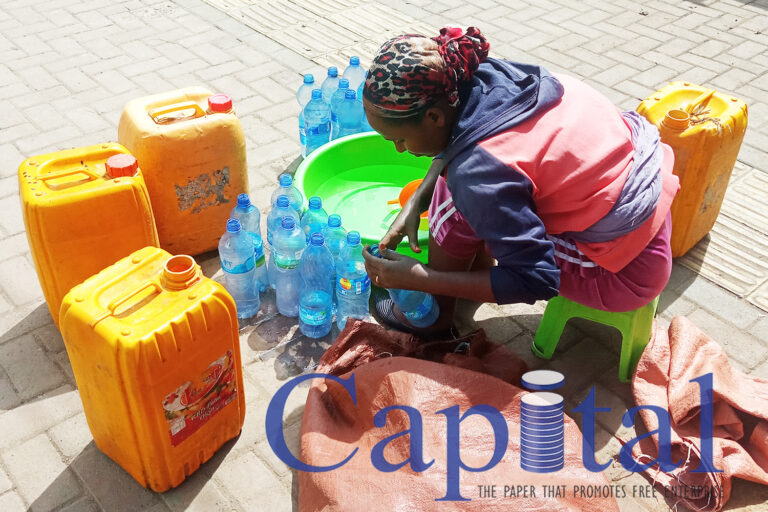WhatsApp announced it was reducing the number of chats a “highly-forwarded” message can be forwarded to limit the spread of harmful misinformation around the Coronavirus.
Once a message is labelled “highly forwarded” with the double arrow icon, it will only be possible to forward that message to one WhatsApp chat at a time as opposed to five as previously.
With billions of people in isolation from each other due to COVID-19, more than ever, people all over the world are relying on WhatsApp to communicate with their extended families, doctors, teachers and friends during this crisis. Whatsapp has been a crucial – and positive – way for people to stay connected at this difficult time.
WhatsApp to limit forwarded messages to contain COVID-19 Misinformation
Coronavirus Research Index Reveals which Countries Put the most Effort in COVID-19 Research
Finbold.com has launched the Coronavirus Research Index (CRI) to identify countries that are putting in the most effort in finding ways to manage the COVID-19 disease.
The index ranks the countries based on the number of active medical coronavirus studies that show which countries are actually executing the most research related to COVID-19 to understand the virus to find the effective means of managing the disease. According to the Index, China, the United States, and France are the top three countries leading in the number of active studies related to coronavirus.
China leads in studying coronavirus
The CRI shows that China has 60 active studies, with the United States having 49 ongoing studies. On the other hand, France has 26 active studies. Idas Keb, a co-founder at Finbold, on the findings commented:
COVID-19. All listed countries have confirmed cases of the novel coronavirus
Zayed Sustainability Prize 2021 calls for submissions from Innovators in Ethiopia
The Zayed Sustainability Prize is calling on all innovators in Ethiopia with solutions addressing some of the world’s biggest sustainability challenges, to submit an entry for its 2021 edition. Offering an annual winners’ reward fund of US$3 million and accepting online submissions until May 21st 2020, the UAE’s pioneering global award for rewarding impact, innovation, and inspiration across five sustainability categories saw a record-breaking number of submissions last year with 2,373 entries received from 129 countries.
The Prize has been gathering momentum across Africa since its inception – last year boasting a greater number of applicants than any other region worldwide, with Nigeria performing in the top five of all countries globally. At the annual awards show earlier this year, African innovators continued to prove that life-changing innovations are increasingly borne out of the continent. Okuafo Foundation, a Ghana-based start-up won the Prize in the Food Category. Recognized for its smartphone application that uses A.I., machine learning (ML) and data analytics to predict and detect crop diseases and infestations, Okuafo’s app also offers recommended solutions based on scientific knowledge, in real-time.
Now entering its 13th submissions cycle, the Prize has already awarded a total of 86 winners whose solutions or school projects have directly and indirectly, positively transformed the lives of 335 million people, around the world.



